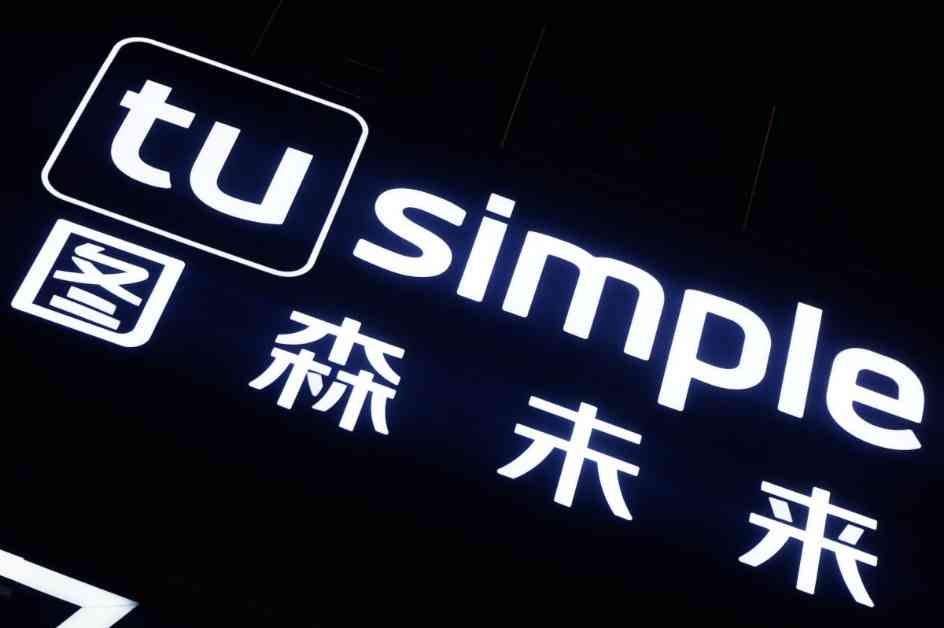Xiaodi Hou, the former co-founder and CEO of self-driving trucking startup TuSimple, is taking legal action to prevent the company from transferring its remaining U.S. assets to China. He has filed a court declaration urging a California district court to issue a temporary restraining order to stop the transfer of tens of millions of dollars in cash to China. This move comes as a response to TuSimple’s plans to use investor capital to fund a new AI-generated animation and video game business in China, a decision that has sparked controversy among shareholders.
Hou, who was removed from his position as CEO in 2022, has accused TuSimple and its leaders of violating SEC regulations by not informing or seeking approval from shareholders before changing the company’s business direction and transferring funds to China. He is also seeking expedited discovery of evidence to support his claims.
TuSimple, once valued at $8.5 billion, faced setbacks that led to its shutdown in the U.S. and delisting earlier this year. The company had initially aimed to commercialize its autonomous vehicle technology in China but shifted its focus to AI gaming and animation, leading to a reduction in its workforce and a change in operations.
Shareholders raised concerns about the company’s shift in focus, prompting Hou to take legal action to prevent the transfer of funds to China. He highlighted recent filings by TuSimple China indicating a significant increase in assets, suggesting that a large cash transfer from the U.S. to China was imminent or had already occurred.
Hou emphasized that such large cash transfers are unusual and raise suspicions about the company’s intentions. He expressed concerns that once the money is transferred to China, U.S. shareholders may have limited options to recover their investments, as TuSimple is still subject to U.S. scrutiny despite its delisting.
The situation puts shareholders, including Hou, in a difficult position as they seek to protect their interests and potentially recover some of their losses. The outcome of the legal proceedings and the actions taken by TuSimple will have significant implications for the future of the company and its stakeholders.
As the case unfolds, it remains to be seen how the court will respond to Hou’s request for a temporary restraining order and whether TuSimple will address the allegations raised against it. The involvement of regulatory authorities, such as the SEC, may also shed light on the company’s compliance with relevant regulations and its handling of shareholder concerns.











